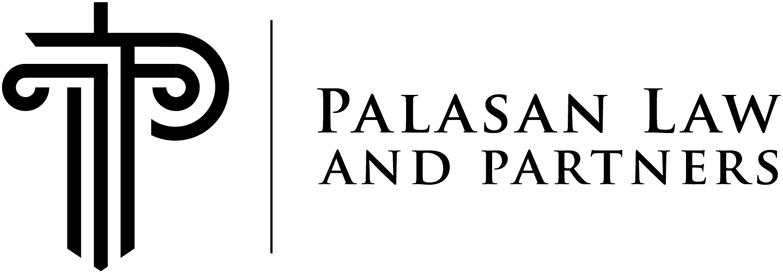Sexual harassment in the workplace is not about a man taking advantage of a woman by reason of sexual desire—it is about power being exercised by a superior officer over his women subordinates. The essence of sexual harassment is not the violation of the victim’s sexuality but rather the abuse of power and authority by the offender manifested through sexually charged conduct or one filled with sexual undertones.
Thus, said the Court in A.C. No. 13426 (Valdez v. Alamis, deliberated and voted upon on April 12, 2023), as it imposed a two-year suspension from the practice of law on a senior partner in a law firm in an administrative case filed by a junior associate lawyer.
Respondent was charged with committing sexually-laced acts ranging from dirty jokes, innuendos, inappropriate personal intimate questions about her romantic relationships, and sharing about his extramarital sexual acts/conquests, to actual sexual advances. Respondent lawyer went so far as confessing that he would have fallen for complainant had they been within the same age-range.
The Court, speaking through Associate Justice Antonio T. Kho, Jr., said:
As a senior partner in a law firm, respondent ought to know that junior associates—whose legal careers are just starting – would naturally look up to him. They would place their trust in him by seeking mentorship and professional growth under his wing. Unfortunately for complainant, respondent breached such trust by exhibiting reprehensible conduct constituting sexual harassment, and even tried to exculpate himself from administrative liability by claiming that he was just “misinterpreted” and/or “taken out of context.” As it is, respondent’s acts created an intimidating, hostile, or offensive working environment for the complainant, so much so that it necessitated her seeking psychotherapy treatment as a consequence.
The Court pointed out that despite some self-awareness, respondent’s inappropriate behavior persisted, leading to the emotional toll on complainant who had to seek psychotherapy treatment as a result of his acts. Thus, the fact that he now apologizes to complainant cannot overshadow the gravity of his improper acts in light of his indifferent and impervious attitude to complainant’s feelings.
Accordingly, taking into consideration the nature or character of respondent’s complained acts, the frequency of occurrence of the said acts throughout the two-year period he worked with complainant, the degree of his moral influence or ascendancy, and the effect of his acts on her, the Court deemed it proper to impose upon respondent the penalty of suspension from the practice of law for a period of two (2) years.
The Supreme Court Public Information Office will upload a copy of the ruling once it receives the same from the Second Division Clerk of Court. (Courtesy of the Supreme Court Public Information Office)

